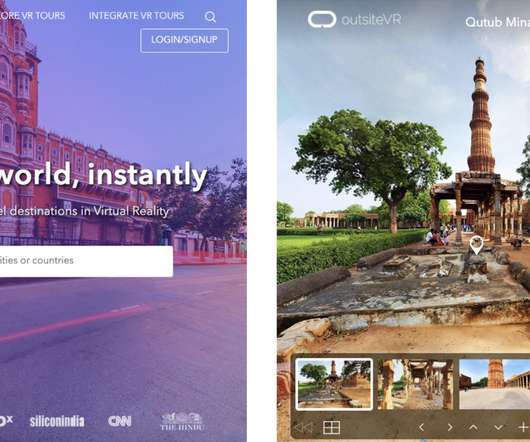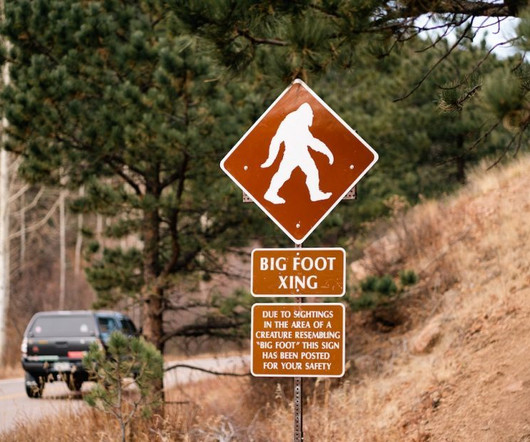Our Physical World Has Changed: Augmented Reality in Tourism
Tom Spencer
OCTOBER 3, 2020
According to the Harvard Business Review , investment spending on AR technology looks set to reach $60 billion in 2020. Boeing has adopted AR and seen increased productivity and quality in their training process. India’s Ministry of Tourism has partnered with a travel tech start-up called OutsiteVR. AR in the Tourism Sector.












Let's personalize your content